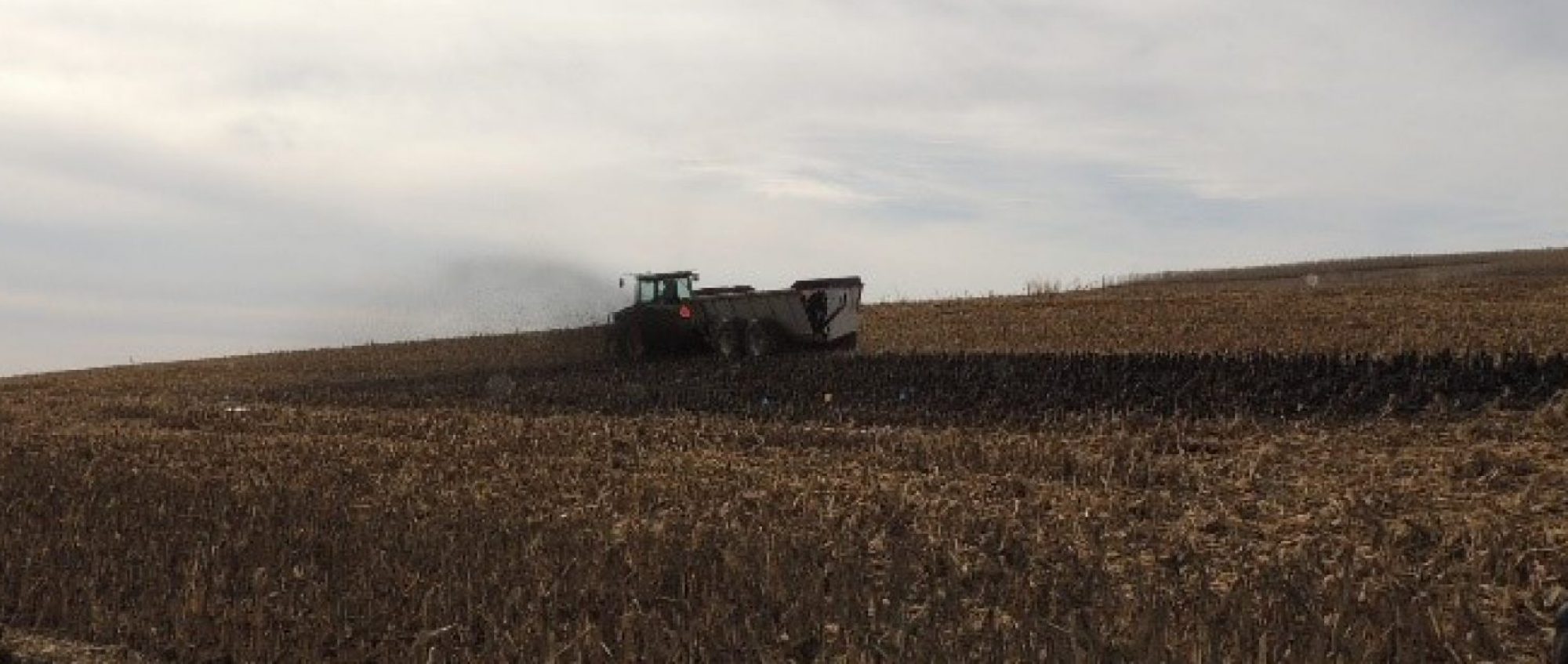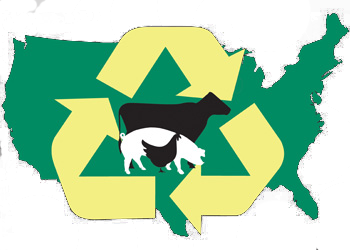Reprinted, with permission, from the proceedings of: Mitigating Air Emissions From Animal Feeding Operations Conference.
This Technology is Applicable To:
Species: Poultry (Layers)
Use Area: Animal Housing
Technology Category: Ration Manipulation
Air Mitigated Pollutants: Ammonia
System Summary
Continuous emission measurements at two mechanically-ventilated, high-rise layer houses were conducted to study the effects of Ecocal, a feed amendment designed to reduce NH3 emissions. Data presented in this paper was collected at a commercial egg production facility in October to January. The hens in house 2 were fed EcoCal for comparison with the standard diet used in house 1. EcoCal utilizes gypsum, an acidogen, and zeolite, an indigestible cation exchanger to lower manure pH, thus reducing NH3 emissions. Feeding a diet comprising 7% EcoCal significantly reduces manure ammonia emissions by effectively sequestering ammonium in the manure. An average difference of 51% was observed between the houses when EcoCal was implemented for about six weeks, after the house 2 emission rates appeared to have stabilized.
The application of EcoCal was expected to further NH3 emissions more than 51%, but the test was hindered by several unexpected incidents such as a major water line break in the house 2 manure pit and disruption of feed delivery due to a major snow storm. The initial feed costs were significantly increased when EcoCal is added to the diet.
Applicability and Mitigating Mechanism
- Decreasing manure pH reduces NH3 emission
- EcoCal is a feed supplement for laying hens, including organic egg production.
- EcoCal consists of natural minerals such as gypsum and zeolite, to reduce manure pH and sequester more manure nitrogen
Limitations
- Diet should be limited to less than 60% of the dietary calcium supplied by EcoCal, because greater quantities of gypsum can result in thin egg shell and lower layer productivity
- The cost of EcoCal can be variable, because it is not commercially available and delivery expense depends on geographical location.
Cost
The gross cost of adding EcoCal was about 2.4 cents per hen per month or $28,700/yr per 100,000 hens. The effects of EcoCal on egg production were not evaluated in this test, but any increases in egg production would offset the extra cost.
Authors
Teng Teeh Lim1, Alber J. Heber1, E. Carroll Hale III2, Ji-Qin Ni1, Lingying Zhao3
1Purdue University, 2 Rose Acre Farms, 3Ohio State University
Point of Contact:
limit@purdue.edu
The information provided here was developed for the conference Mitigating Air Emissions From Animal Feeding Operations Conference held in May 2008. To obtain updates, readers are encouraged to contact the author.



